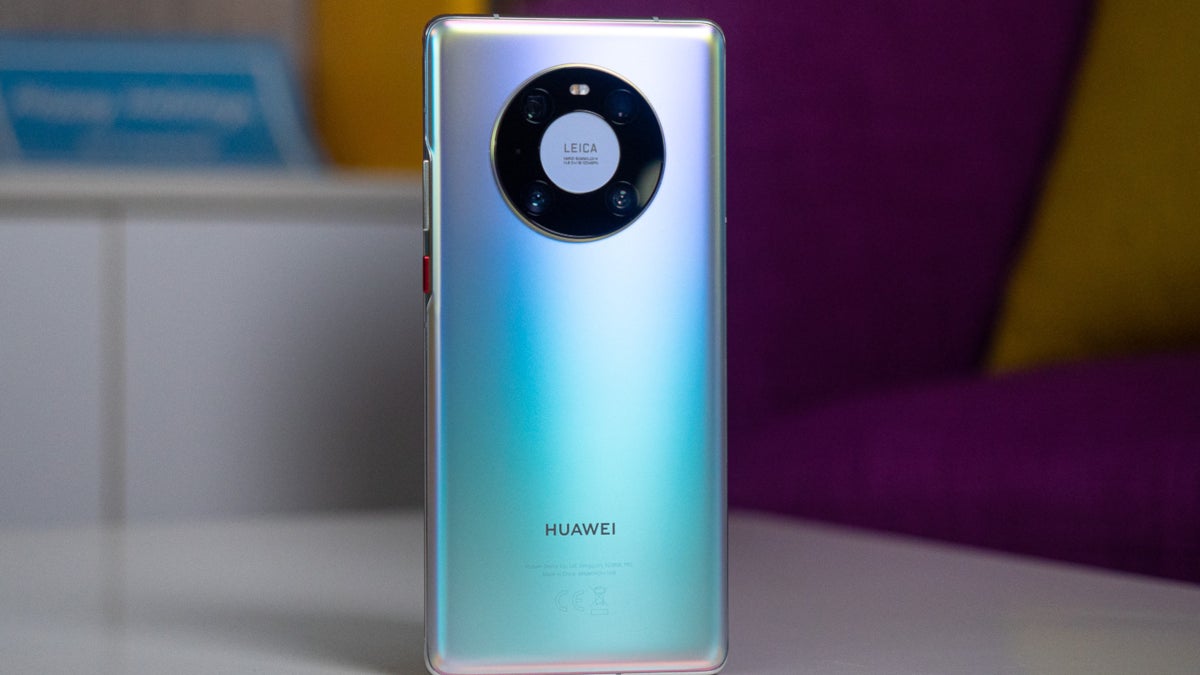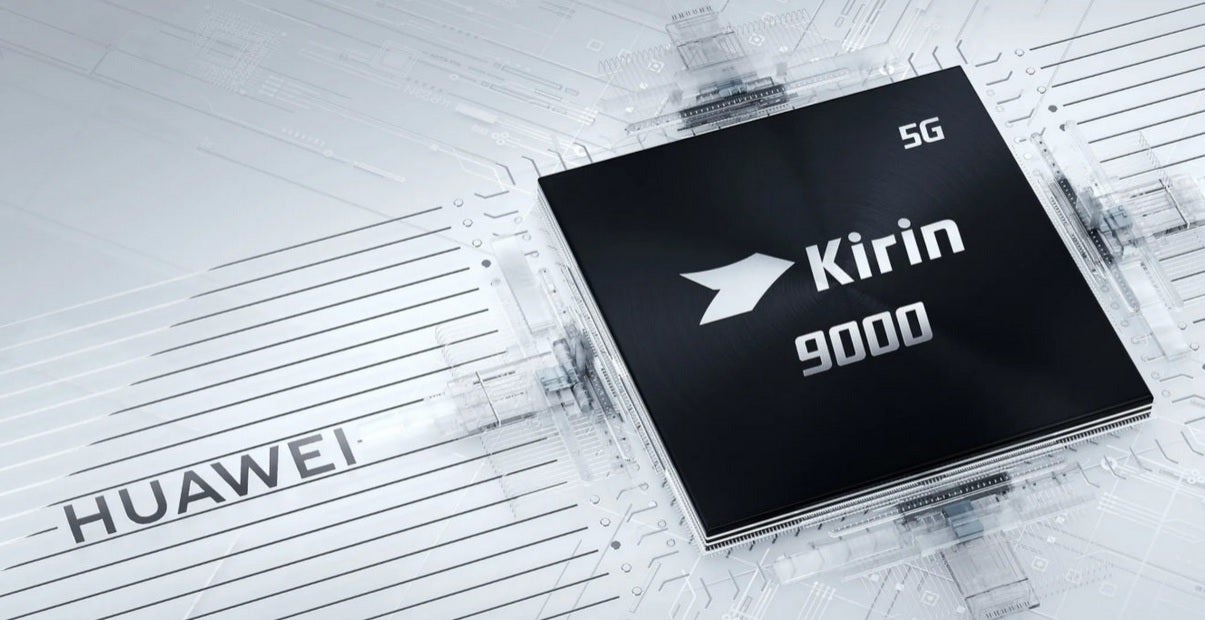U.S. actions are now damaging Huawei

In May 2019, the U.S. placed Huawei on the Entity List which banned the manufacturer from accessing its U.S. supply chain; the year before it had spent over $8 billion on components and software from the U.S. The biggest loss for Huawei was its inability to license Google's version of the open source Android operating system and use Google Mobile Services on its phones. But even without Google's apps on its international models (inside China, most Google apps are banned), Huawei managed to grow its smartphone shipments by 35.5% last year to 142 million units surpassing Apple for second place after Samsung.
U.S. plan to cripple Huawei finally succeeds
After Huawei became the world's largest smartphone manufacturer earlier this year, the U.S. tried again to deep-six the company, and this time it struck what appears to be a fatal blow. Exactly one year after being placed on the Entity List, the U.S. Commerce Department announced an export rule change that really hit Huawei hard. Starting in the middle of last month, foundries using American technology to manufacture chips must get a license from the U.S. before shipping chips to Huawei. And this time, Huawei's supply chain was severely damaged. For example, Huawei had ordered 15 million Kirin 9000 chips; these integrated circuits are produced by TSMC using the advanced 5nm process making them more powerful and energy-efficient than the previous Kirin chip.

The U.S. export rule change means that Huawei can no longer receive shipments of its 5nm Kirin 9000 chip
Because of the action taken by the U.S., Huawei reportedly was able to receive only 8.8 million chips. Considering that they are used to power everything from the just-announced high-end Mate 40 line and Base Stations for 5G networks, the manufacturer is expected to run out of inventory sometime in the not too distant future. There is speculation that Huawei might have to leave the high-end smartphone business completely and is said to be eyeing the automotive industry. For smartphone fans, what is happening to the manufacturer could be considered a shame. Back in 2016, the company's head of consumer products, Richard Yu, set a goal that seemed overly ambitious at the time. He said that Huawei would surpass Apple in smartphone production over two-to-three years to become the second-largest manufacturer. After another two-to-three years later, Yu said that the company would top Samsung to be number one. Last year, the first goal was accomplished and as we previously pointed out, the second goal was reached earlier this year even if only for a short period of time. Keep in mind that Huawei's handsets are also not sold through official channels in the world's third-largest market for connected handsets; that would be the United States.
That the attack on Huawei by the U.S. has now become a success can be seen in the firm's latest earnings report. This morning the company reported a 9.9%% increase in revenue to the equivalent of $98.57 billion for the first three quarters of the year, meeting expectations. But that growth rate pales compared to the 24.4% increase that Huawei booked for the first 9 months of 2019. And even Huawei's own press release explains how it is having issues with its supply chain. "Huawei's global supply chain is being put under intense pressure and its production and operations face significant challenges. The company continues to do its best to find solutions, survive and forge forward, and fulfill its obligations to customers and suppliers," said the presser. Huawei added that it will rely on its strength in information and communication technology (ICT) which includes AI, the cloud, and 5G networks.
There are multiple reasons why Huawei is being picked on by the U.S. The Trump administration considers the firm to be a national security threat due to its perceived ties to the Communist Chinese government. And there is always the myth that the manufacturer's devices collect data from American consumers and companies. This has never been proven. There also might be the feeling inside the Trump administration that a U.S. company like Apple should receive protection from competition inside China.
Unfortunately, Huawei's release today did not include any information related to the number of phones it shipped during the nine months or the third quarter.
Follow us on Google News














Things that are NOT allowed:
To help keep our community safe and free from spam, we apply temporary limits to newly created accounts: